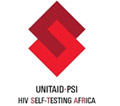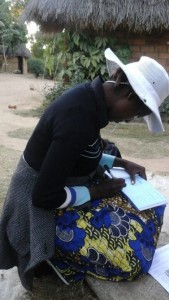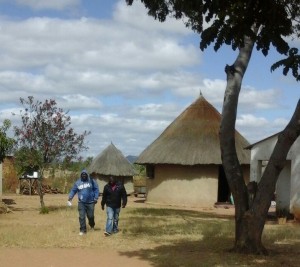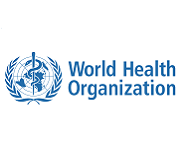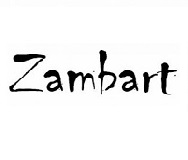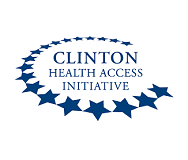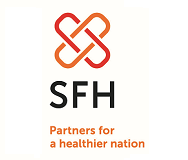Update on HIV STAR research studies in Zimbabwe
Ms Mary Tumushime, July 2016
Fieldwork: data collection for the household survey and DCEs
Population based survey and Discrete Choice Experiments
What is the uptake of HIV self-testing in the study communities and how well do people link to care after self-testing? In May/June 2016, 2 survey teams went to some of the pilot communities in Mazowe to find this out. Using Audio Computer Assisted Self Interview (ACASI) on computer tablets, respondents were asked whether they or other household members were offered, accepted and used self-test kits and if not, why not; their experience of self-testing and whether they would do it again; if they linked to post-test services and what factors influenced their decisions. In addition, information on previous testing history and ART experience of household members was collected.
While there is growing awareness of HIV self-testing and supporting research on the acceptability and feasibility of self-testing in Zimbabwe, clients’ preferences for the distribution of self-test kits is not yet known. As part of the second survey round, we used discrete choice experiments (DCEs) to find this out. Data analysis of both the survey and DCE data is underway.
Which programme would you choose? Try this sample question from the DCE on linkage to care.
Key informant interviews
What are the main policy gaps for HIV self-testing? Which national, regional or international bodies would regulate self-testing? Is there any policy guidance on who can import, sell or distribute HIV test kits? These are some of the questions key national stakeholders will be asked in upcoming key informant interviews. Visiting from Malawi, Dr. Lot Nyirenda has been working closely with our qualitative research team to refine these interview questions and get a sense of the self-testing programme in Zimbabwe.
Preparations for main study
Stakeholder sensitisation and a public randomisation meeting took place late-May. Distribution is set to start from 7th July in Mberengwa district, Midlands Province, where six wards have been selected.

